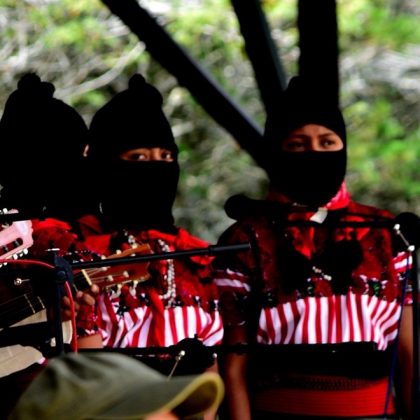Review Symposium on ‘Faith and Evolution: A Grace-Filled Naturalism’
From the Review Symposium on Faith and Evolution: A Grace-Filled Naturalism by Roger Haight, SJ. (Maryknoll, NY: Orbis Books, 2019; xiii + 264 pages; $30.00), published in Horizons, Volume 47 Issue 2
Access this paper here for free until 18th January 2021
In his final chapter, “What Can We Hope For?,” Haight addresses the threat that randomness poses to any hope for purpose in the universe. Respecting the integrity of natural systems leaves no space for divine intervention; yet what then becomes of God’s “special acts” in history? Haight’s conception holds that “every act of every creature is special because of God’s noninterventionist Presence sustaining the existence of each single being and action” (207). Here is where the tangle of theodicy and its alternatives grows thorny. If an interventionalist view leaves God open to the charge of failing to intervene to stop evil in discrete cases, can we say that God’s benign universal sustaining Presence attains to the level of decisive action, arguably a tenet of scriptural faith and a descriptor of the Incarnation?
My reflections as an ecological theologian insert at this point. I find myself at once grateful for the measured integration of faith with contemporary scientific complexity but also yearning for God’s decisive intervention in creation’s current unfolding. Creation is actually not unfolding but hemorrhaging, the symphony of evolution crashing into discordance. When the course of evolution is hijacked by humanity’s geological agency, wresting time into the Anthropocene, the notion of evolutionary progress seems perverse. Ecocide contradicts evolution. Antilife cannot be part of the within of the divine presence.
To be clear, ecocide results from human sinfulness, not evolution, nor God’s will. It is both a product of the “most evolved” species’ dominance and an episode in geological time that will likely bypass forgotten humanity as evolution progresses through the records of the ages. But what can we hope for regarding our present common home, now “an immense pile of filth,” where extinction silences life itself and its song of praise?[1] Is there an intelligible way to see God’s active providence within history to stem the tide of loss? As noted, Haight proposes divine action as the “constructive impulse toward a positive future,” and I have elsewhere postulated a similar awakening within human self-consciousness as the mode of the Spirit’s renewal of the Earth.[2] There can be no abandoning our responsibility for creation and its scars. Like Job, however, one can dare to question how God remains creator of a desecrated Earth.
With Denis Edwards, one might ask how there is salvation for the sparrows in a cruciform creation. The deep incarnation of eco-Christology promises deep redemption as “liberation from injustice, suffering and death for all of God’s creatures.[3]” If, as Edwards argues, creatio continua means God’s loving sustenance of each creature and its ecosystems, may we hope for the sustenance of the glaciers, whose waters are the condition of possibility for future life after the individual creature passes away into God’s future? Though any eschatological claims lie beyond the shadow of negative theology, can we imagine that God’s memory may function also in the present to preserve creatures and cosmos, sparrow and glacier? In the eternal, timeless, active memory of God, can we hope for a proleptic redemption to assure future sparrows their living water?
[1] Pope Francis, Laudato Si’: On Care for Our Common Home (May 24, 2015), http://www.vatican.va/content/francesco/en/encyclicals/documents/papa-francesco_20150524_enciclica-laudato-si.html.
[2] Erin Lothes Biviano, “Elizabeth A. Johnson and Cantors of the Universe: The Indwelling, Renewing, and Moving Creator Spirit and a Pneumatology from Below,” in Turning to the Heavens and the Earth: Theological Reflections on a Cosmological Conversion: Essays in Honor of Elizabeth A. Johnson (Collegeville, MN: Liturgical Press, 2016).
[3] Denis Edwards, “Every Sparrow that Falls to the Ground: The Cost of Evolution and the Christ-Event,” Ecotheology 11, no. 1 (2006): 108, 114, 118.






